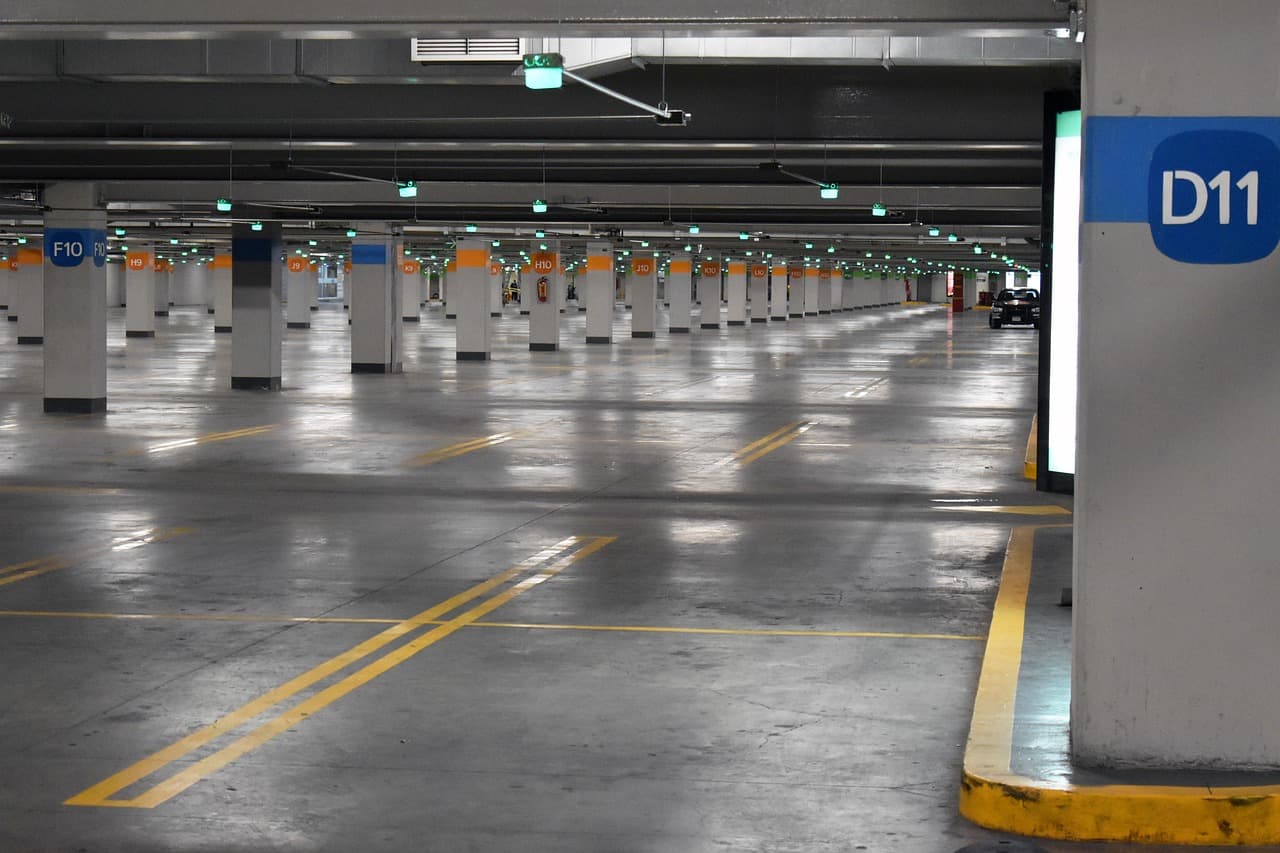NC bill addresses parking regulations and impact on water runoff. One Charlotte organization is pushing for its passage
A Charlotte conservation group, Catawba Riverkeeper, endorses NC’s House Bill 369, aiming to eliminate parking minimums, phase out toxic pavement sealants, and improve stormwater management. The bill addresses runoff pollution and flooding caused by impervious surfaces like parking lots, exacerbated by outdated state laws. Advocates argue it balances economic growth with environmental protection, curbing infrastructure strain from rapid development. Legislators will review the bill, which targets reduced runoff impacts and sustainable urban planning.
CHARLOTTE, N.C. (QUEEN CITY NEWS) — A Charlotte-based conservation organization is putting its support behind a new state bill that addresses parking regulations and their impact on water quality.
On Tuesday, North Carolina lawmakers introduced House Bill 369, the Parking Lot Reform and Modernization Act. Filed by Reps. Donnie Loftis (R-Gaston), Mark Brody (R- Anson, Union), Howard Penny, Jr. (R-Harnett, Johnston), and Allison Dahle (D- Wake), the bill aims to remove parking minimum requirements, phase out toxic pavement sealants, and provide guidance on managing floodwater and runoff in local communities.
NC minimum wage bill faces difficulty becoming law without GOP support
The Catawba Riverkeeper, a nonprofit organization focused on preserving, protecting, and restoring the Catawba-Wateree River Basin, supports the bill as a crucial step toward meeting the needs of today’s industries without sacrificing the health of North Carolina’s waterways or communities.
The Riverkeeper says the state’s fast growth may create economic opportunities, but that it also strains the state’s infrastructure, natural resources, and environment.
“One primary concern is the construction of more impervious surfaces, like parking lots, which increase runoff. Runoff, rainfall that flows over impervious surfaces instead of being absorbed into the ground, is a leading source of water pollution and flooding in North Carolina,” the organization said.
According to the Riverkeeper, just one inch of rain on an acre of impervious surface generates 27,000 gallons of runoff. They claim state law contributes to runoff in two major ways:
Ordinances mandating the number of parking spaces required for a development force the size of parking lots to exceed market demand, creating underused impervious surfaces that increase runoff and business costs.
State law prevents local governments from improving runoff requirements for redevelopment sites, further intensifying runoff impacts.
HB369 seeks to reform these policies to reduce flooding and runoff. Legislators will review the Parking Lot Reform and Modernization Act in the coming weeks.
Copyright 2025 Nexstar Media, Inc. All rights reserved. This material may not be published, broadcast, rewritten, or redistributed.

Pic:pixabay

















